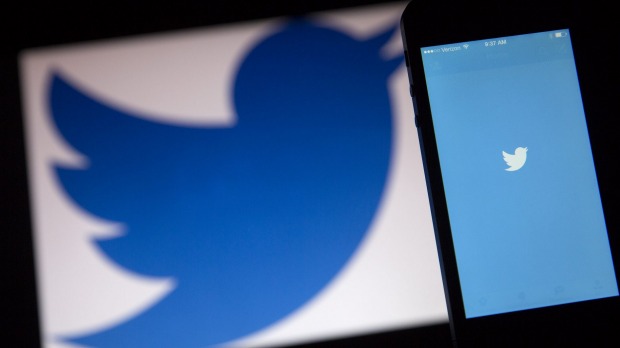
Twitter, I love you.
My least favourite part of travel is waiting at the luggage carousel at the end of a journey. All my reserves of patience have been used up in the transit and a 10-minute wait seems like an eternity.
As suitcase after suitcase thumps off the conveyor belt and mine's not with them, an unnecessary panic rises in my throat. Unnecessary because I've only once experienced a lost suitcase and only twice had delayed luggage.
One of those times was recently. My luggage had what is known as a "hot" connection between flights. While I broke the land speed record running between terminals to (barely) make the flight, my luggage didn't.
At Sydney airport, the luggage services people were efficient and I was given a claim number and details of a website where I could find information regarding tracking of the case. My companion's luggage was also still en route. We weren't overly concerned – when her bag missed a flight last year, that airline sent her regular text messages tracking the suitcase's movements across America.
No such service with this prestigious Asian airline. The website turned out to be uninformative, posting the bag's status, but never updating it. And when I telephoned the call centre in the Philippines, various customer service reps would regurgitate the same message as the website.
My companion received hers after 36 hours, but mine was still missing a day later. In frustration, I reluctantly took the modern action of last resort – I tweeted a cry for help, using the airline's Twitter handle.
Although the airline's social media team were in another country, the response was instantaneous. "Sorry to hear about it. For us to see how we can best assist, cld u pls email yr booking ref no., filed lost baggage claim report no., flight&contact info."
I replied to the email and had my luggage within two hours. (I do live near the airport.) This was extremely impressive and I tweeted my thanks. But I wonder – would I still be waiting for my luggage if I hadn't gone public on Twitter?
Twitter is like a town hall meeting where people air their grievances, except that the complaints can be amplified thousands, if not millions, of times. And yet, surveys show that only 1 per cent of people use Twitter as the first step in problem resolution. Like me, they try all other avenues first, reluctant to take to the megaphone.
Most airlines provide dedicated social media teams to handle complaints. After all, frustrations with delayed or cancelled flights and lack of information about them rate very highly on the grievance scale. I do often note these kind of tweets on my feed and that the airlines make very prompt replies.
That's good business practice. If a customer takes to Twitter, they're already disproportionately angry with that brand.
Most complainers are delighted if their problem is resolved but often it's a case of just wanting to be heard and having the situation acknowledged. When you hang on for hours to a call centre and then have to forcefully make your case time and again to various levels of supervisors, you wonder if the company really does want to listen.
That oracle, Oprah Winfrey, put it this way: "Every customer wants to know, 'Do you see me, do you hear me, does what I say mean anything to you?'"
It's possible my speedy resolution may have been due to my Twitter profile, not because I'm a travel writer but because I'd never used Twitter to complain in this way before. The public nature of social media means that companies can investigate customers' previous tweets, to establish whether they are serial complainers. If you're not, you're more likely to get a prompt response.
If you want to be heard, there are a couple of things you should know. Look up the company's Twitter handle to make sure the tweet is picked up by the social media team directly. Rather than just griping "Flighty Airlines cancelled flight with no info" refer to @flightyairlinesau.
Never ever say "I will never ever do business with Flighty Airlines again". That's just a signal to the airline that you can't be satisfied and they will attend to other customers and other complaints first.
And don't bellyache. Tweet if you have something you want resolved. There are other social platforms, such as TripAdvisor, to record your dissatisfaction with the service at length.